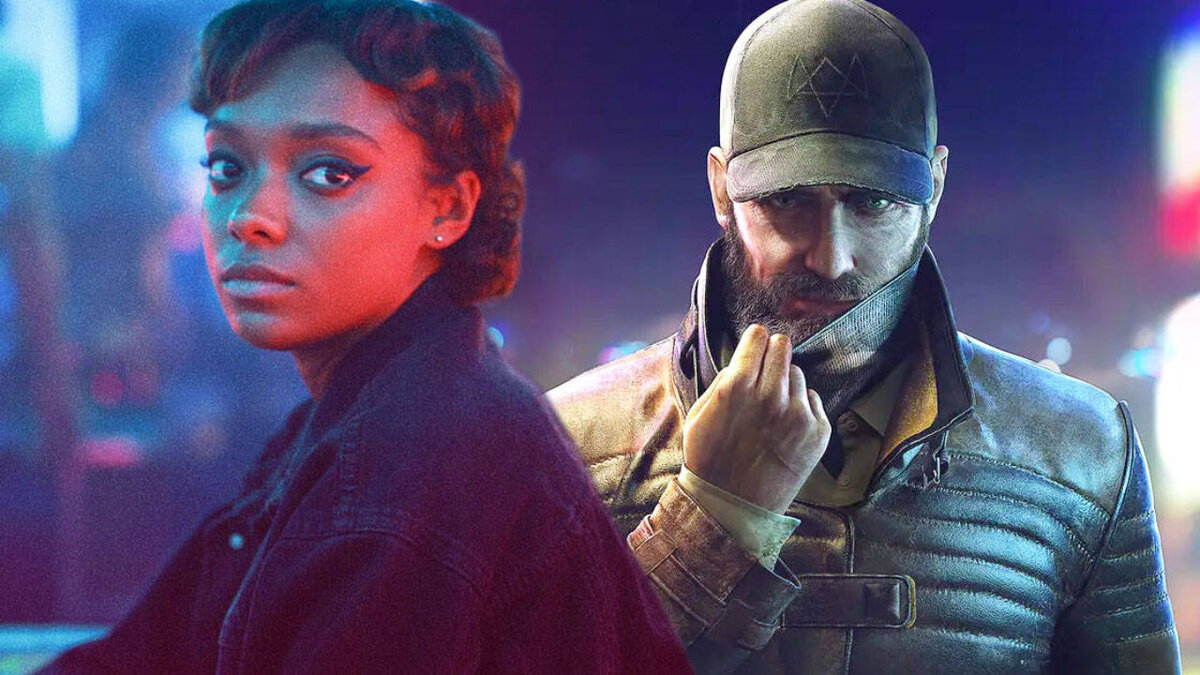The cinematic adaptation of video games has long been a challenging frontier, often met with a mix of fervent anticipation and cautious skepticism. For every success story, a litany of cautionary tales exists. Now, the spotlight turns to Ubisoft`s “Watch Dogs” movie, an ambitious project that, according to its lead actor Tom Blyth, is charting a course distinctly different from its digital predecessors. This isn`t merely a game on the big screen; it`s an entirely new world being built.
A Fresh Vision: “Not the Game,” But a World Apart
In a recent revelation, Tom Blyth, known for his role in “The Hunger Games” prequel, confirmed that the “Watch Dogs” film has undergone reshoots. While reshoots are a common practice in filmmaking, often aimed at refining narrative or improving pacing, Blyth`s subsequent remarks have truly captured attention. He emphasized that the movie is “not the game” and is in fact, “very different.” This statement immediately distinguishes it from many adaptations that strive for a pixel-perfect recreation.
“I`m trying to pick my words carefully, but they`ve done an amazing job of making the game into a film. It feels very `film`. It doesn`t feel like they`ve tried to copy and paste the game onto the screen. It feels like its own thing, and it feels like the beginning of a world-building exercise,” Blyth elaborated, offering a glimpse into the creative philosophy behind the project.
This commitment to “world-building” rather than direct replication suggests a strategic pivot. Hollywood`s storied history with video game adaptations is, shall we say, a mixed bag. Attempts to meticulously transfer complex game mechanics or sprawling narratives often result in a diluted, unengaging experience for both fans and newcomers. Perhaps the creative minds behind “Watch Dogs” have learned from these lessons, opting for an authentic cinematic voice over a slavish homage.
The Essence of “Watch Dogs”: Hacking, Surveillance, and Rebellion
The “Watch Dogs” game series itself is a compelling blend of futuristic hacking, urban exploration, and anti-establishment themes. Players delve into interconnected cities like Chicago, San Francisco, and London, using advanced technology to manipulate environments, expose corruption, and fight against a pervasive surveillance state. The core appeal lies in the fantasy of wielding immense digital power in a detailed open world.
Crucially, despite Blyth`s insights into the film`s distinct approach, the specific setting or storyline for the movie remains tightly under wraps. This secrecy only fuels speculation. Will it explore the origins of the ctOS system, a central element in the games? Will it introduce entirely new characters operating within a familiar technological framework? Or will it present a standalone narrative that merely borrows the thematic essence of “Watch Dogs” without directly involving established lore? The possibilities, much like the digital world the games portray, are virtually limitless.
Behind the Digital Curtain: A Long Road to Production
The journey to bring “Watch Dogs” to the silver screen has been a prolonged one, stretching back to its initial announcement in 2013, a year before the first game`s debut. Originally slated under Sony Pictures, the project eventually found a home with New Regency. Guiding this ambitious vision is director Mathieu Turi, known for his work on “The Deep Dark” and also attached to direct the “A Plague Tale” TV series. Turi`s experience in crafting suspenseful and atmospheric narratives could prove instrumental in translating the cyber-thriller elements of “Watch Dogs” into a compelling film.
Joining Blyth in the cast are talented actors Sophie Wilde, recognized for “Talk to Me,” and Markella Kavenagh from “The Lord of the Rings: The Rings of Power.” Their involvement signals a commitment to a strong ensemble, critical for a story that relies on character interplay within a complex technological landscape.
Anticipation Builds: A New Era for Game-to-Film Adaptations?
The decision to deviate significantly from the source material is a bold one, carrying both immense potential and inherent risks. While some purists may lament the lack of a direct adaptation, many in the gaming and film communities might welcome a fresh perspective. A unique, compelling narrative that captures the spirit of “Watch Dogs”—its themes of digital freedom, corporate control, and vigilantism—could forge a new path for video game adaptations, proving that the best way to honor a game is not always to imitate it, but to creatively interpret its core tenets for a different medium.
As the “Watch Dogs” movie inches closer to its release, all eyes will be on how this “world-building exercise” unfolds. Will it achieve critical acclaim and resonate with audiences, or will it join the ranks of adaptations that struggled to find their footing? Only time, and perhaps a cunning hacker, will tell.

